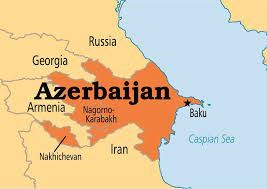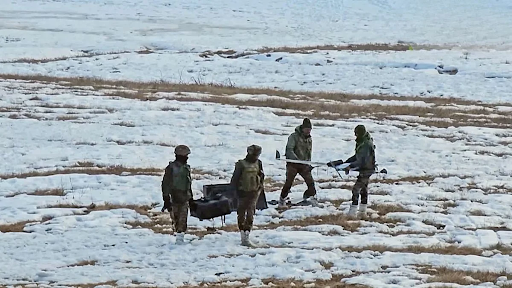





Disclaimer: Copyright infringement not intended.
Context
About Baku
History
Geography
Climate
Demographics
Ethnic Groups
Religion
Economy
|
PRACTICE QUESTION
How many of the above pairs are correctly matched? A) Only one B) Only two C) All three D) None Answer: D |





© 2026 iasgyan. All right reserved